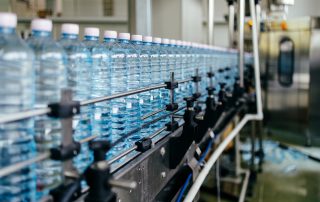OP-ED
Addressing Plastic Pollution Through Extended Producer Responsibility (EPR) in Southeast Asia
Several ASEAN countries have started to implement EPR for packaging. This opinion piece highlights the regulations, challenges, and the roles of stakeholders.
Entrepreneurship Skill: Unlocking the Potential Value of Plastics
Preventing and reducing marine plastic pollution requires a circular economy approach, which aims to keep plastics in the economy for as long as possible, to reduce the need for new materials and to derive as much use and value as possible.
Keeping Up with the Increasing Plastic Waste: Voluntary Initiatives Alone No Longer Enough
The private sector across the region has initiated positive business practices. However, none of them offers a one-size-fits-all solution. Understanding their strength and weaknesses as well as informing the policy makers of the initiatives that can be effectively implemented in the local context is the key.
Marine Lives Matter: Plastic Bag Bans in Japan and Jakarta and Further Actions to Reduce Marine Plastics
Both Japan and Jakarta, Indonesia implemented new bans on single-use plastic shopping bags on July 1, 2020. However, enforcing these regulations is not been without challenges.
Tackling Marine Plastic Pollution
Marine plastic pollution has been acknowledged in recent years as one of the major global environmental issues and challenges.






